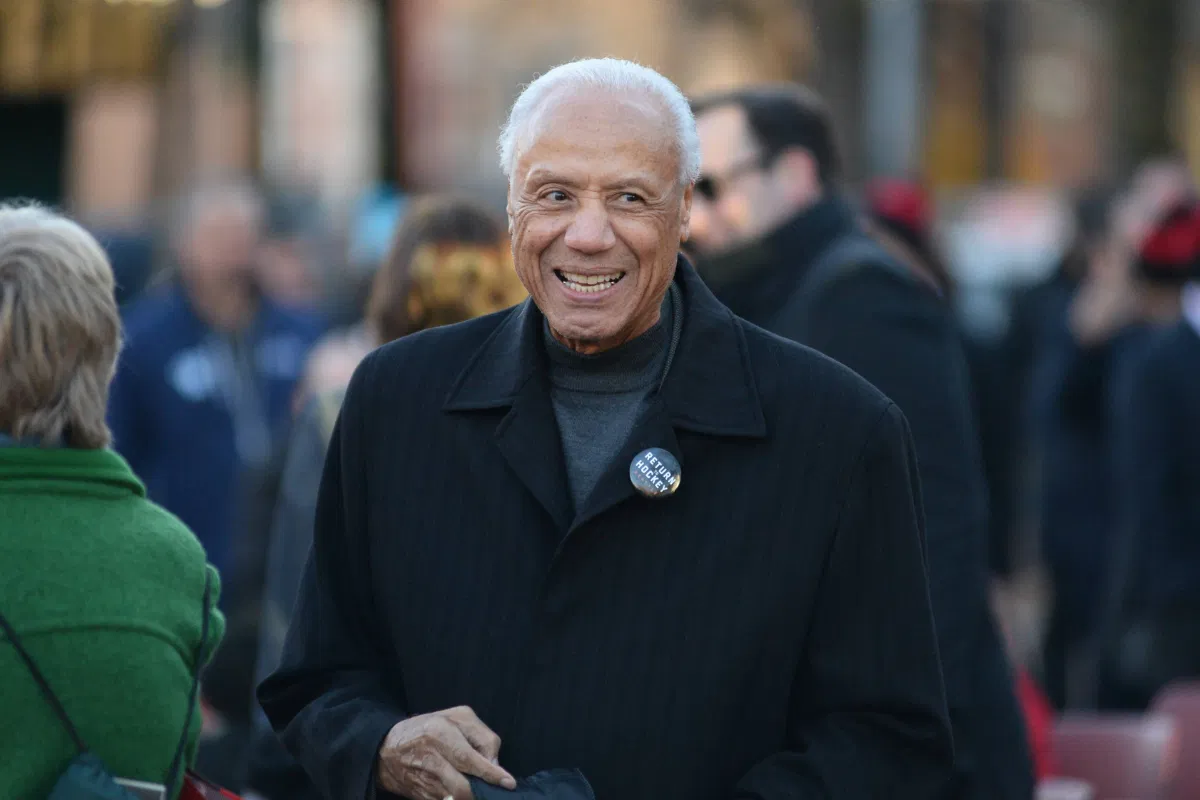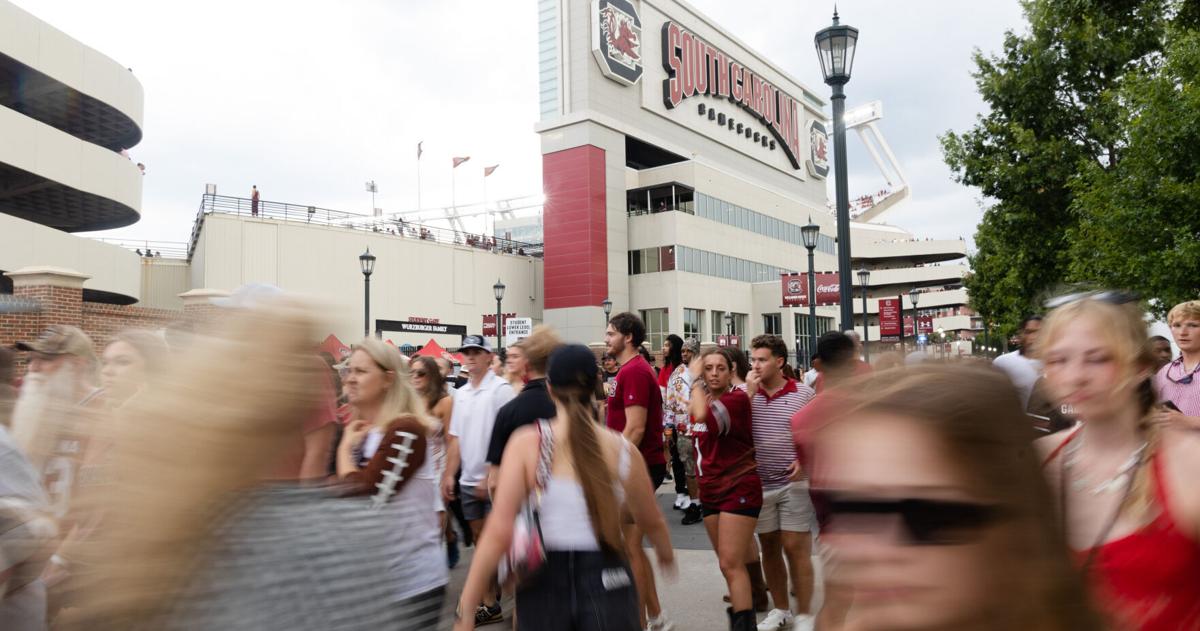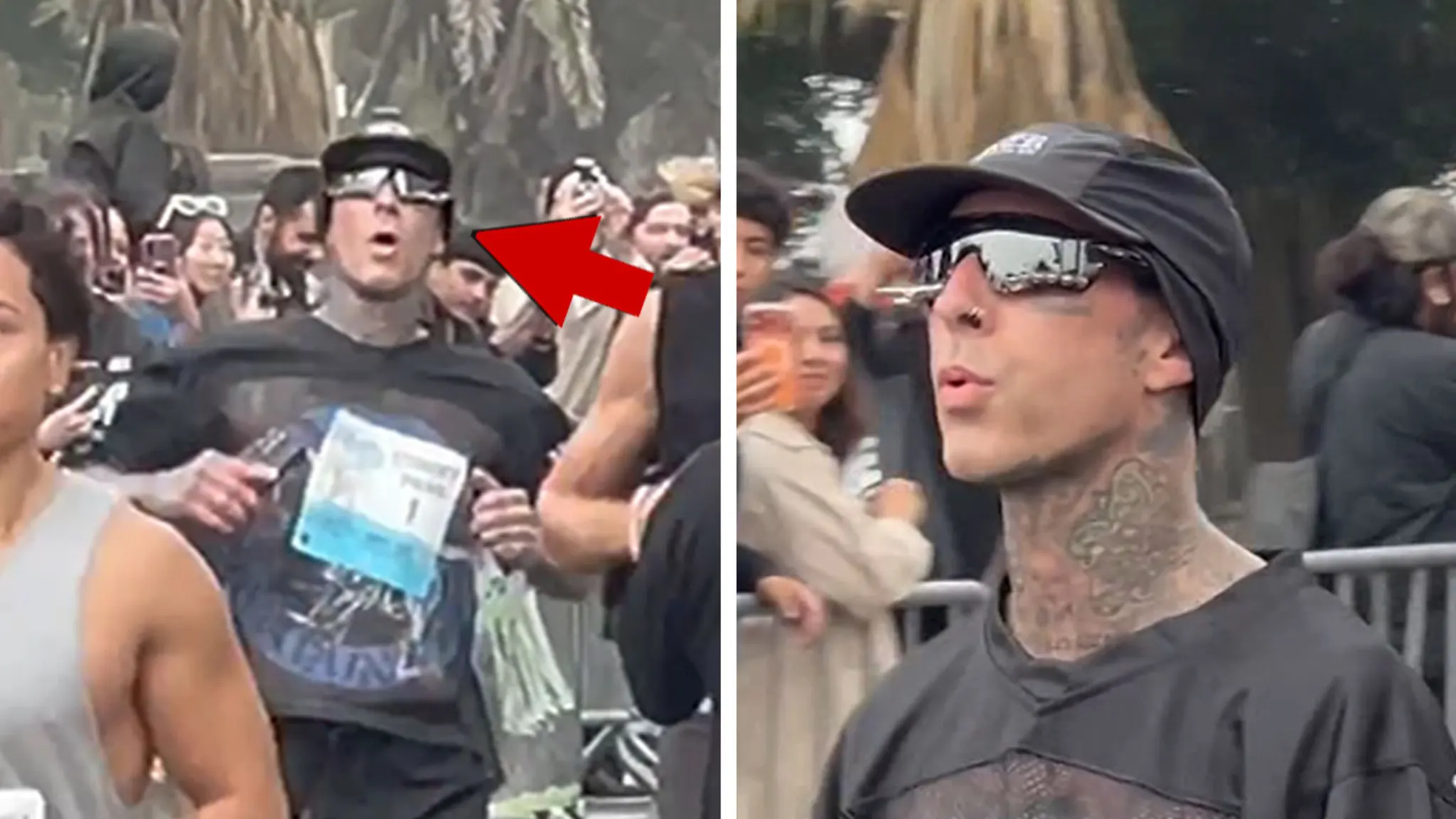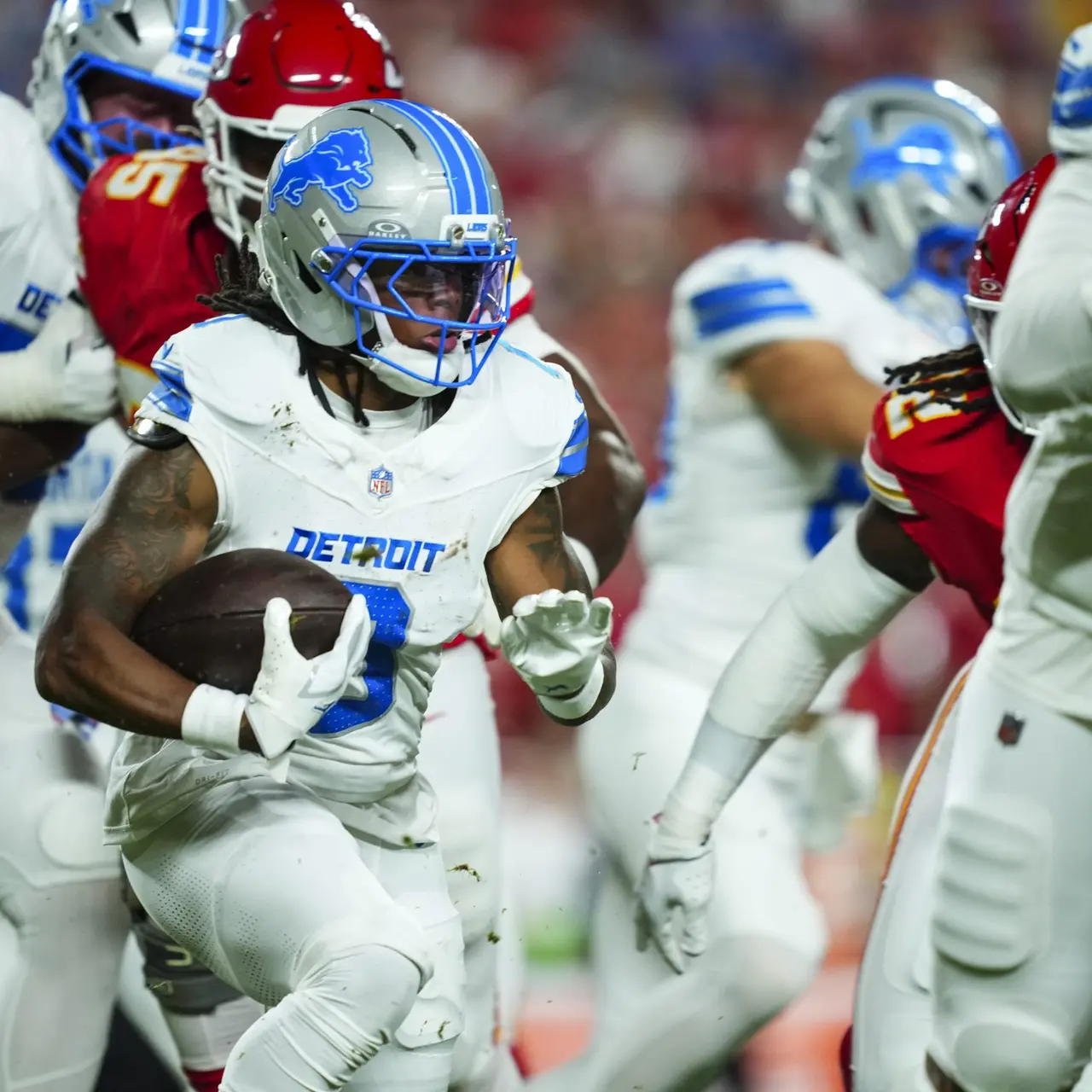Copyright Essentially Sports

“We should never discourage young people from dreaming dreams.” That was Lenny Wilkens’ guiding philosophy, a lesson he carried from Brooklyn’s playgrounds to the bright lights of the NBA. The “Godfather of Seattle” passed away peacefully on Sunday at 88, leaving the basketball world and countless young players and coaches without his mentorship. Though the family hasn’t released a cause of death, and rightfully so, let’s take a moment to reflect on a life filled with achievement and inspiration. From record-breaking seasons as a player and coach to shaping generations with his wisdom, Wilkens’ legacy is a story we’ll return to again and again, learning and dreaming bigger in his honor. ADVERTISEMENT Who is Lenny Wilkens? Leonard Randolph Wilkens, born on October 28, 1937, in Brooklyn, New York, grew up in the Bedford–Stuyvesant neighborhood, raised in the Catholic faith by a Black American father and an Irish American mother. From those playgrounds in Brooklyn, young Lenny’s love for basketball blossomed, shaping a journey that would leave an indelible mark on the NBA. Wilkens went on to shine as a professional player for 15 seasons with the Hawks, SuperSonics, Cavaliers, and Trail Blazers, earning nine All-Star selections and leading the league in assists twice. Later, he became a player-coach and eventually a full-time coach, guiding the Seattle SuperSonics to an NBA championship in 1979. NBA Commissioner Adam Silver summed up his legacy perfectly: “Lenny Wilkens represented the very best of the NBA — as a Hall of Fame player, Hall of Fame coach, and one of the game’s most respected ambassadors.” ADVERTISEMENT Lenny Wilkens’ early life & college career Lenny Wilkens’ early life was a mix of challenge and character-building. Born to Leonard Wilkens Sr. and Henrietta Wilkens, he lost his father at just five years old, leaving his mother to raise five children on her own. At his father’s wake, an aunt turned to young Lenny and told him, “Well, you’re going to be the man of the family now.” ADVERTISEMENT Read Top Stories First From EssentiallySports Click here and check box next to EssentiallySports Those words stuck, pushing him to grow up fast while balancing school, work, and a budding love for sports. By age nine, Lenny was taking odd jobs around Brooklyn’s neighborhood, yet he still found time to play basketball, inspired by heroes like Jackie Robinson. Though he didn’t suit up for his high school team until his senior year at Boys High School, Wilkens’ talent couldn’t be ignored. His parish priest advocated for him, writing to Providence College’s athletic director to request a scholarship despite his limited high school experience. Providence took a chance, and Lenny quickly became the Friars’ first true basketball star. At Providence College, Wilkens flourished, earning two-time All-America honors in 1959 and 1960. He led the team to its first NIT appearance in 1959 and to the finals in 1960, finishing his college career with 1,193 points, second in school history at the time. Decades later, his No. 14 jersey was retired in 1996, making him the first alumnus to receive that honor, and he became an inaugural inductee into the College Basketball Hall of Fame in 2006. ADVERTISEMENT Lenny Wilkens’ NBA career (1960-1975) Drafted sixth overall by the St. Louis Hawks in 1960, he quickly made his mark as a gifted playmaking guard. Despite missing much of his second season due to military service, Wilkens returned to lead the Hawks to six straight playoff appearances. By 1967-68, his final season with the Hawks, he had earned enough respect to finish second in MVP voting to the legendary Wilt Chamberlain. Over 15 seasons with the Hawks, SuperSonics, Cavaliers, and Trail Blazers, Wilkens scored 17,772 points, averaged double figures in every season except his final year, and was named a nine-time All-Star, including All-Star Game MVP in 1971. ADVERTISEMENT Wilkens’ scoring and court vision reached new heights when he joined the expansion Seattle SuperSonics in 1968. In his first season, he averaged 22.4 points, 8.2 assists, and 6.2 rebounds per game, quickly becoming the team’s cornerstone. He was an All-Star three times during his stint in Seattle and led the league in assists in the 1969–70 season. In 2021, the NBA’s 75th Anniversary list honored him as the 75th greatest player in history, a nod to his lasting influence on the game. Even as a prominent scorer, Wilkens’ brilliance shone through in his passing, leaving him second on the all-time assists list behind Oscar Robertson at the time of his retirement. He went on to play for the Cleveland Cavaliers and Portland Trail Blazers as well. As his playing days progressed, Wilkens embraced the challenge of becoming a player-coach, first with the SuperSonics and later with the Portland Trail Blazers. Initially hesitant, he later admitted, “I had nothing to lose; I’d try it and see if I liked it. Everyone always said I was like a coach on the floor anyway.” This unique role allowed him to guide teams while still contributing as a player, culminating in leading the Sonics to their first winning season over .500 in franchise history. By the end of his career, he had played 1,077 games, averaged 16.5 points per game, and solidified his reputation as both a masterful player and a future coaching legend. Lenny Wilkens’ coaching career After hanging up his sneakers following the 1974-75 season with the Portland Trail Blazers, Lenny Wilkens transitioned seamlessly into full-time coaching. He returned to Seattle in 1977-78, stepping in for Bob Hopkins after a rough 5-17 start, and immediately led the SuperSonics to the NBA Finals, where they fell in seven games to the defending champion Washington Bullets. Not one to settle, Wilkens returned the following season and guided Seattle to victory over the Bullets in the 1979 Finals, delivering the franchise’s first and only NBA championship. Wilkens himself explained his unique connection with players, telling Newsday, “I know what young players are going through. I understand their backgrounds. I didn’t come from anything either, so I’ve been there.” Wilkens’ coaching career spanned an incredible 32 seasons, including stints with the Cavaliers, Atlanta Hawks, Toronto Raptors, and New York Knicks, taking nearly every team he led to the playoffs. He set the NBA record for all-time coaching wins in 1995, surpassing Red Auerbach, and although Don Nelson and Gregg Popovich later passed him, Wilkens retired holding the record for most games coached and the second-most wins at the time. In 1994, he was named Coach of the Year after leading the Hawks to a 52-27 record as the No. 1 seed in the Eastern Conference. Beyond the NBA, he shaped the international game, serving as an assistant coach on the 1992 “Dream Team” and later guiding Team USA to Olympic gold in Atlanta in 1996, coaching stars like Charles Barkley, Reggie Miller, Grant Hill, and Shaquille O’Neal. Wilkens’ impact wasn’t limited to coaching. He briefly worked as a college basketball analyst at Northwest FSN Studio, sharing his insights with fans, and held executive roles in Seattle, serving as GM, vice chairman, and President of Basketball Operations for the SuperSonics. Lenny Wilkens’ personal life Lenny Wilkens was married to Marilyn Reed from 1962 until his passing in 2025, and together they had three children: Leesha, Randy, and Jamee. The couple also had seven grandchildren: six girls and one boy. Wilkens lived in Medina, Washington, and dedicated himself to giving back through the Lenny Wilkens Foundation for Children.



